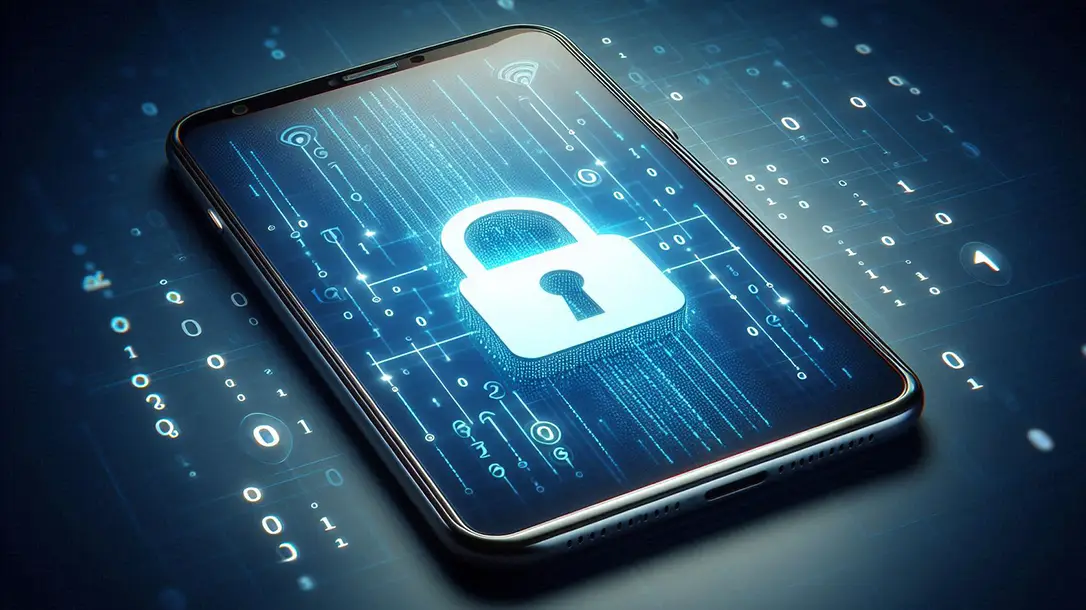Nearing the end of 2024, the cybersecurity landscape was rocked by a significant breach known as the Salt Typhoon attack. The unprecedented cyberattack, attributed to a Chinese state-sponsored hacking group, has infiltrated the networks of major U.S. telecommunications companies. These included AT&T®, Verizon®, T-Mobile®, and Lumen Technologies®. The breach exposed the vulnerabilities in our communication infrastructure and underscored the critical need for encrypted messaging apps to protect sensitive information from prying eyes.
A Case for Encrypted Messaging Apps
The Salt Typhoon attack came to light in October 2024, when U.S. government officials discovered that Chinese hackers had deeply infiltrated the networks of several major telecom providers. The hackers gained access to real-time unencrypted calls, text messages, and metadata. As a result, they could monitor communications and gather sensitive information.

Advertisement — Continue Reading Below
This breach is considered one of the largest intelligence compromises in U.S. history, with significant implications for national security.
The attack aimed to gain persistent access to telecommunications networks by compromising devices like routers and switches. The hackers also targeted metadata and, in some cases, the actual content of calls and texts. This breach affected not only the U.S. but also other critical infrastructure around the world.
The Importance of Encryption
Encryption is a method of converting information into a code to prevent unauthorized access. Encrypted messaging apps use end-to-end encryption, ensuring that only the sender and recipient can read the messages. Even if the data is intercepted, it remains unreadable without the decryption key. This level of security is crucial in protecting personal and sensitive information from cyber threats.
Advertisement — Continue Reading Below
In response to the Salt Typhoon attack, the FBI and the Cybersecurity and Infrastructure Security Agency (CISA) have urged Americans to adopt encrypted messaging apps. Jeff Greene, executive assistant director for cybersecurity at CISA, emphasized that “encryption is your friend,” whether for text messaging or voice communication.

The FBI echoed this sentiment, highlighting the importance of responsibly managed encryption to safeguard communications. On December 3, 2024, the FBI, NSA, and CISA issued new guidelines to safeguard the communications infrastructure in the U.S following the breach.
Advertisement — Continue Reading Below
Popular Encrypted Messaging Apps
Enhancing the security of your devices, online identity, and activities requires minimal effort. By making a few straightforward changes, you can safeguard your data from hackers and other unauthorized parties. Protecting your privacy from those you haven’t consented to share information with is crucial, especially given the increasing frequency of cyberattacks.
Several encrypted messaging apps offer robust security features:
Signal:

Advertisement — Continue Reading Below
Developed by the non-profit Signal Foundation, Signal is known for its strong encryption protocols. It provides end-to-end encryption for text messages, voice calls, and video calls. This ensures that only the intended recipients can access the content.
Signal’s open-source encryption protocol allows security experts to review and verify its effectiveness, building trust among users. Key features include disappearing messages, screen security, and an incognito keyboard.
WhatsApp®:

Advertisement — Continue Reading Below
Owned by Meta®, WhatsApp is one of the most popular messaging apps globally, with over two billion users. It offers end-to-end encryption for messages and calls, ensuring only the intended recipients can access the content. WhatsApp also provides two-step verification for added security.
Telegram:

Telegram is known for its speed and security. Its “Secret Chats” feature offers end-to-end encryption, ensuring only the intended recipients can read the messages. These chats are device-specific and do not sync across multiple devices. Key features include self-destructing messages, no forwarding, and screenshot notifications. Telegram also supports encrypted voice calls and two-step verification.
Advertisement — Continue Reading Below
iMessage®:

Apple’s iMessage service uses end-to-end encryption for messages sent between Apple devices. This ensures that only the sender and recipient can read the messages. Integrated into Apple’s ecosystem, iMessage offers features like text messaging, rich media sharing, group chats, read receipts, typing indicators, Apple Pay® integration, cross-device syncing, and two-step verification.
FaceTime®:

Apple’s FaceTime offers end-to-end encryption for all video and audio calls, ensuring that only the participants can access the content. This encryption means that even Apple cannot decrypt and access the calls, providing high-level privacy and security for users.
Google Messages®:

Google’s default messaging app for Android devices, Google Messages, offers end-to-end encryption for one-on-one conversations. It supports the Rich Communication Services (RCS) protocol, enhancing the messaging experience with features like read receipts, typing indicators, and high-quality media sharing. Google Messages also provides two-step verification for added security.
A Cautionary Note:
The FBI’s guidelines advised against sending texts between iPhones and Android devices due to a lack of secure encryption. However, messages exchanged between iPhones or between Android devices use different technologies that ensure secure encryption.
Signal, WhatsApp, and Telegram messaging apps are available in the App Store® and Google Play®.
The Broader Implications
The Salt Typhoon attack has highlighted the vulnerabilities in our communication infrastructure and the need for robust cybersecurity measures. While encrypted messaging apps provide a critical layer of protection, they are not a panacea. Users must also adopt other security practices, such as using strong passwords, enabling two-factor authentication, and keeping software up to date.
Moreover, the attack underscores the importance of collaboration between government agencies, private companies, and individuals in addressing cybersecurity threats. The U.S. government has provided guidance for telecom networks on how to harden their systems against such attacks. However, the responsibility also lies with users to protect their own communications.

Encrypted Messaging: A Vital Line of Defense
The Salt Typhoon attack serves as a stark reminder of the ever-present cyber threats we face in today’s digital age. Encrypted messaging apps offer a vital line of defense against these threats, ensuring that our communications remain private and secure.
By adopting these tools and following best security practices, we can better protect ourselves from the prying eyes of cybercriminals and state-sponsored hackers.
























